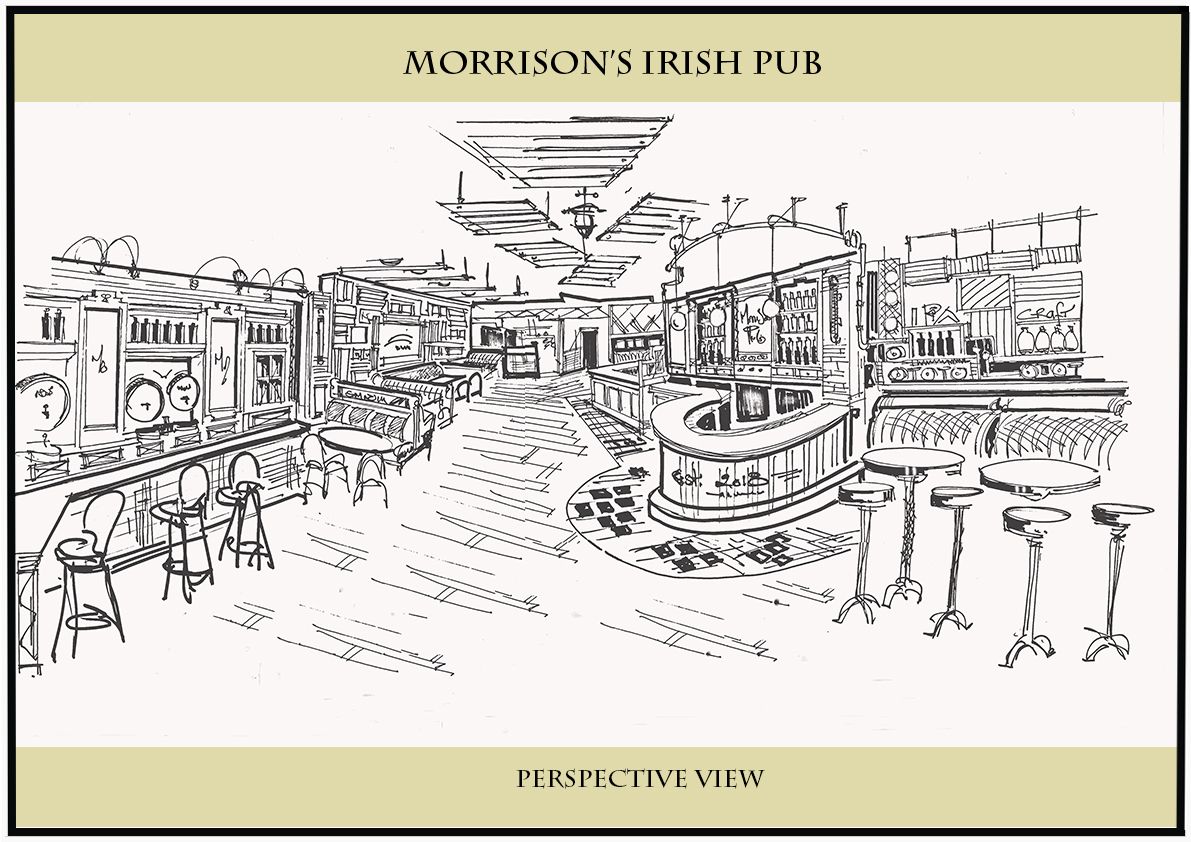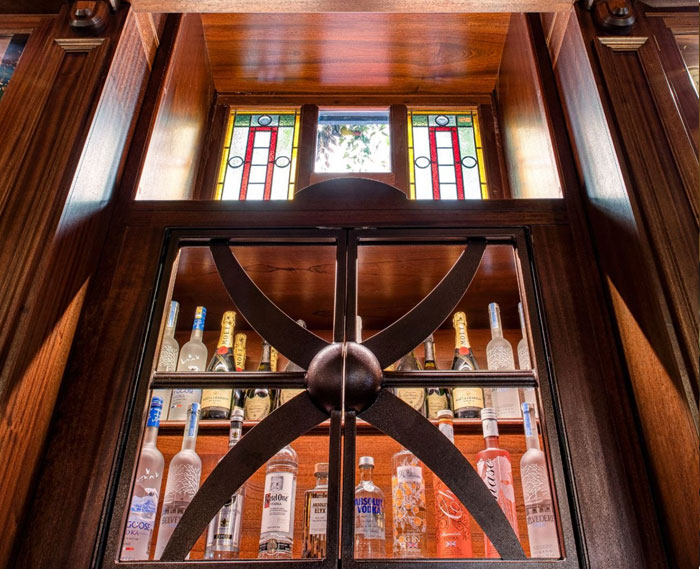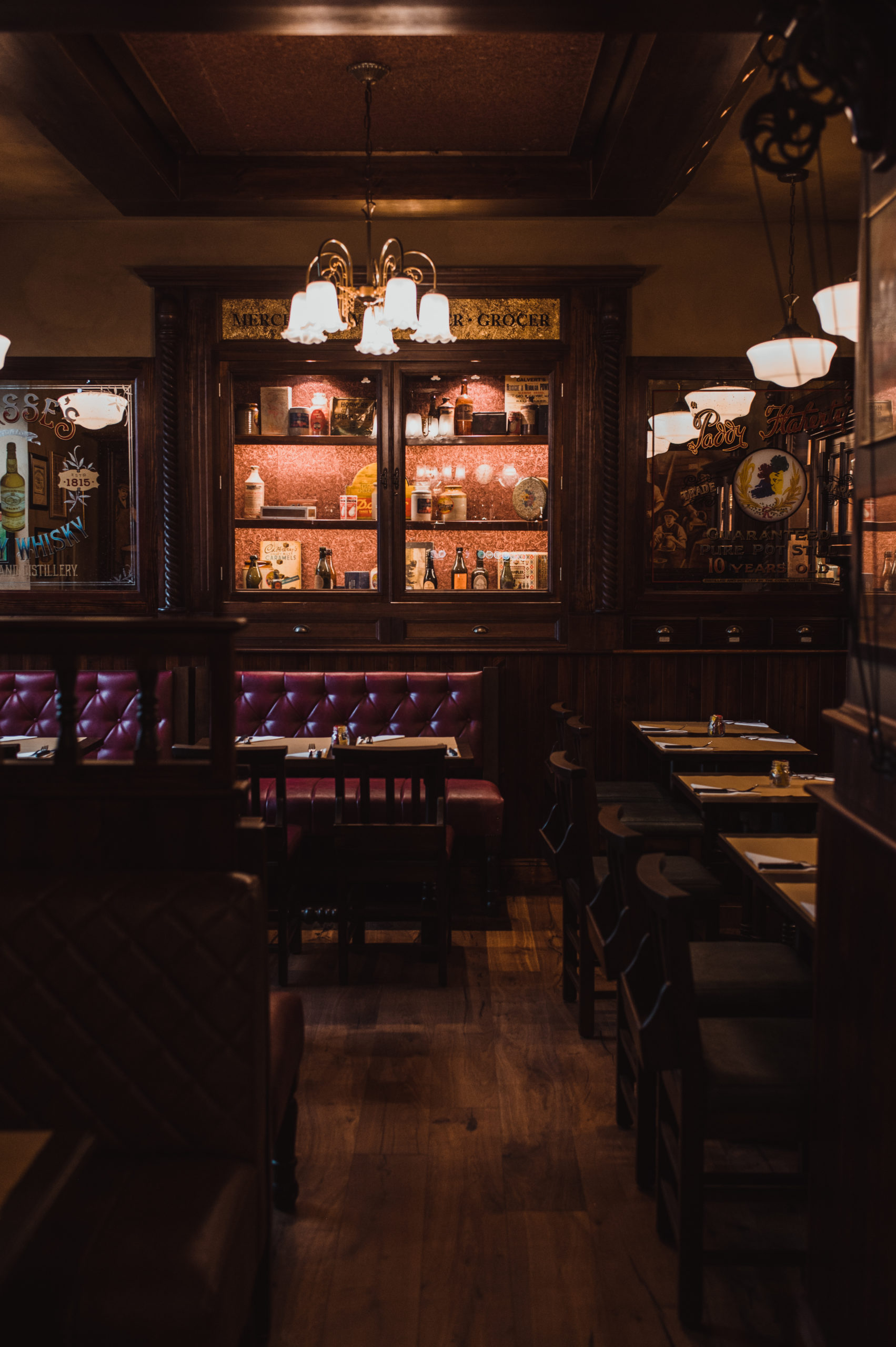How to Create a Business Plan for a Hospitality Business
Creating a solid business plan is crucial when venturing into the hospitality industry. Whether you’re opening a chic new restaurant, a cozy pub, or a luxury hotel, a well-thought-out plan can be the difference between success and failure. Here’s a step-by-step guide to help you craft a winning business plan for your hospitality venture.

Understanding Your Vision and Mission
Define Your Vision
The vision statement outlines what you aspire to achieve with your hospitality business. It should reflect your long-term goals and values. For instance, if you’re planning to open a boutique hotel in Edinburgh, your vision might focus on providing a unique, personalized guest experience that blends modern luxury with traditional Scottish charm.
When we at Irish Pub Company designed the Lagos Irish Pub in Nigeria, our vision was to create an authentic Irish experience that resonated with local culture while maintaining the classic pub atmosphere. This clear vision guided every design choice and marketing strategy.
Craft Your Mission Statement
Your mission statement should be more focused and concise, detailing your business’s purpose and objectives. It’s about what you do, who you serve, and how you do it. For example, “To provide a warm, inviting space where guests can enjoy high-quality food and drinks in a relaxed, friendly environment.

Conduct Market Research
Understanding your target market is essential for creating a business plan that aligns with customer needs. Research the demographics, preferences, and spending habits of your potential customers. In Abu Dhabi, for instance, you might find that luxury dining experiences are in high demand due to the city’s affluent population.
Case Study: Our project for the Fado Irish Pub in Abu Dhabi involved extensive market research to tailor the pub’s design and offerings to local preferences, ensuring a successful integration into the market.
Evaluate Your Competition
Examine other businesses in your niche to identify their strengths and weaknesses. This can provide insights into what works and what doesn’t. For instance, if other local pubs have a strong craft beer selection but lack in food quality, you might decide to emphasize gourmet food in addition to a curated beer list.
Reference: The National Restaurant Association provides detailed industry reports and trends that can be useful for understanding market dynamics and competition.
Develop Your Business Model
Outline Your Service Offering
Clearly define what services and products you’ll offer. For a restaurant, this includes the type of cuisine, service style (e.g., fine dining, casual), and any additional amenities (like live music or event hosting). For instance, our design of the Punch Tarmey’s St. Helens included a detailed service offering with a focus on a traditional Irish pub experience complemented by modern amenities.
Plan Your Financials
Create detailed financial projections, including startup costs, revenue forecasts, and operating expenses. This will help you understand the financial requirements and set realistic goals. You should also consider how you will fund the business, whether through personal savings, loans, or investors.
Reference: Investopedia offers comprehensive guidelines on financial planning and budgeting for startups.
Design Your Marketing Strategy
Develop Your Brand
Your brand identity should reflect your vision and appeal to your target market. This includes your logo, color scheme, and overall aesthetic. For example, if you’re opening a pub in Berlin with a vintage theme, your branding should evoke a sense of nostalgia and classic charm.
Personal Anecdote: When we crafted the branding for The Irish Village in Dubai, we ensured that every element from the logo to the interior design spoke to the traditional Irish pub experience, which greatly contributed to its success.
Create a Promotion Plan
Outline how you’ll attract and retain customers. This could involve digital marketing, local advertising, social media campaigns, and partnerships with local businesses. Offering promotions or hosting events can also draw in initial customers and build buzz.
Reference: According to Forbes, effective marketing strategies are crucial for attracting and retaining customers in the competitive hospitality industry.



Build Your Team
Building Relationships
Identify the roles you need to fill and the qualifications required. This might include hiring experienced chefs, skilled bartenders, or a talented front-of-house team. A well-chosen team is vital for delivering the quality of service your business promises.
Train and Develop Your Team
Invest in training to ensure your staff delivers exceptional service. Training programs should cover everything from customer service skills to operational procedures.
Reference: HospitalityNet highlights the importance of training and development in maintaining high service standards and employee satisfaction.
In Conclusion
Creating a business plan for a hospitality business is a comprehensive process that involves understanding your vision, researching the market, planning your finances, and designing effective marketing and operational strategies. By following these steps and leveraging insights from successful projects and industry experts, you can set your hospitality venture up for success.
Feel free to reach out to us at Irish Pub Company if you need help with your next hospitality project or need further advice on crafting your business plan. We’re here to help turn your vision into reality!